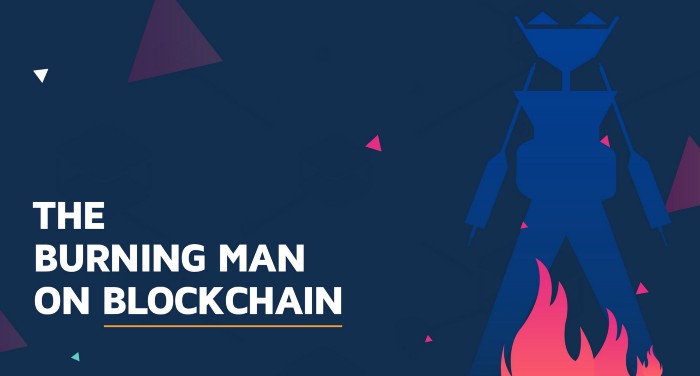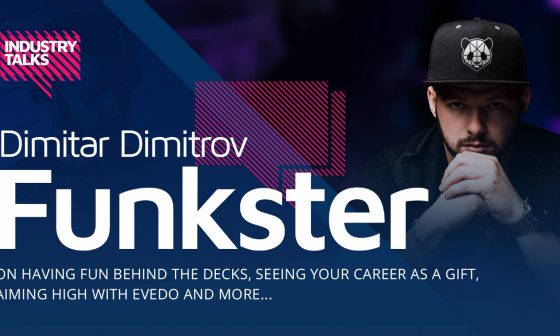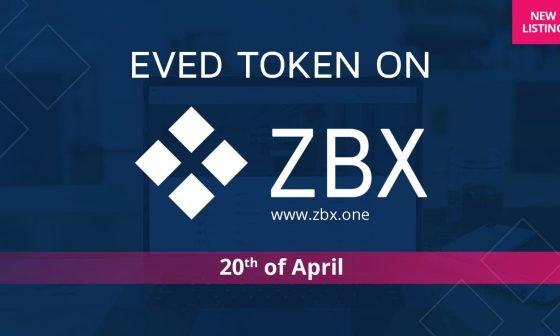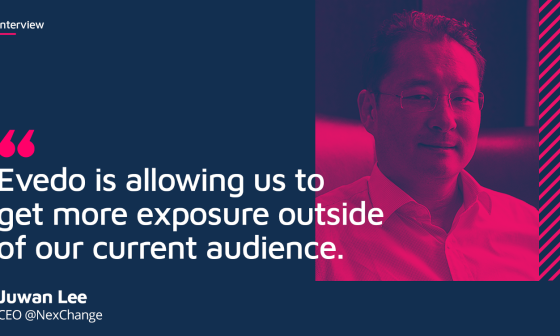For those of you may be wondering how the blockchain can facilitate that, let’s look at a few definitions:
The blockchain technology implements a decentralized peer-to-peer (P2P) network where anyone can join. Every node, i.e. a computer on the network maintains the entire information on the distributed database and can view the entire transaction history.
Every node has equal authority, which results in a community instead of a top-down command-and-control structure. There is no single central administrator in a public permissionless blockchain.
Powerful data encryption protects user transactions in the blockchain.
“Beginner’s Guide: Use of cryptography in cryptocurrency“
Transaction records are grouped together in blocks, which are stacked on top of other blocks one-by-one. Robust consensus algorithms protect the sanctity of data.
Decentralization encourages the community spirit, while a transparent and secure network help in improving trust. No wonder then that the blockchain technology is transforming the world, whether in the healthcare sector or in Cloud storage.
“The Ultimate Blockchain Technology Guide: A Revolution to Change the World“.
Organizing a festival takes hundreds of human resources that could be replaced by a blockchain!
How could a festival in the desert be related to blockchain technology? Well, the similarities between the blockchain and their organizers are vast. What do they have in common? Freedom, community and most importantly, trust. Without these foundations, neither can exist.
An annual event in the Black Rock desert and a global cultural movement, whos founder recently passed away, wrote the festival’s guiding principles back in 2004. They could be represented as guidelines for participants and as a reflection of the community’s ethos and culture.
This festival organization in particular has three crucial and important guidelines — fun, community and safety. They are interconnected. For example, if you worry about safety you are going to have a lot less fun and general engagement in a lot less community. So, look at these three rules in separate ways and at the same time look a them as one. Similarly, for anyone who is building a blockchain startup, the way of thinking about these three rules is crucial — they has to be present and preserved in order the accomplishment of the bright decentralized future the blockchain developers crave so much.
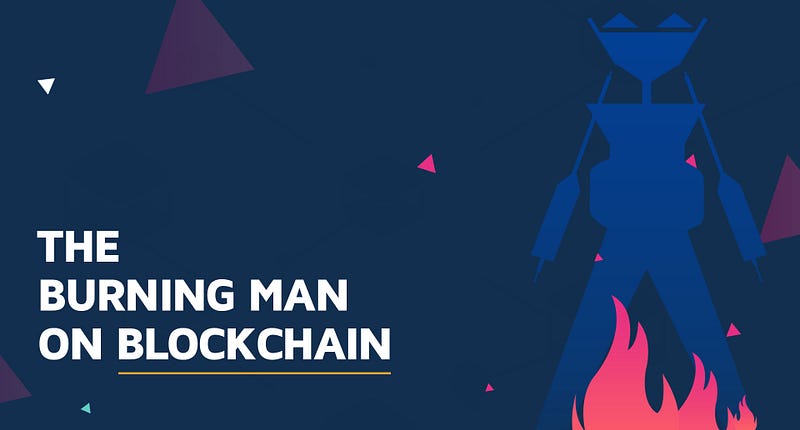
In order to make resemblance between the blockchains and festival culture, you have to understand them both. So read below and enlighten yourself!
One of their main principles is Communal Effort. Everyone collaborates between each other by giving and receiving gifts. The cost of one present is unconditional. In the Blockchain this alteration is presented by the invention of the token and the token economy itself. The example for these resemblances is the fact that any newly-born startup could raise millions in seconds only with a so-called “white paper” without any equity infusion.
On the other hand If we think more deeply about the tokenization we can rationalize that it is nothing like gift giving, actually. This kind of economy can only work within the boundaries of a festival where the circle is very small, people have adopted the model and they have blind trust between each other. The token economy is much bigger that — it has the intention of changing the world as we all know.
As we all know, one thing is for sure, festivals in general are all about community and cooperation. Open source sharing is more like the Blockchain — everyone is invited to contribute with the code. Basically anyone who wants to, could play the Blockchain game. There are lots of tokens almost everywhere to choose from. The regulation lays on the civic responsibility and it’s almost impossible to find a blockchain project that isn’t trying to make the world a better place.
A true game changer
Blockchain technology will change industry completely. It could alter the way large companies manage their supply-chains, the way hospitals handle their patient records, and even the way governments count their election votes. As the technology transforms society, society will transform technology. What will it do to the events industry?
Festival communities (such as those of Glastonbury Festival, Tommorowland, Coachella etc.) that create art exhibitions could reward attendees with a digital token system, which is initially a major part of many blockchain solutions. It could have the function as a local event currency, which is more than great. We are quite aware that festivals have super strong community values and we can foresee the event-token being extended to post-event actions. It could offer attendees and exhibitors a unique way to interact with each other throughout the year cycle and deliver on the promise of a 365-days-a-year connected community.
The good thing is that participants won’t be the only ones who benefit. Using the blockchain could assure significant savings of time and money for the event organizers themselves. As you may know the evedo ecosystem will offer significant efficiencies to this process. No matter what the event is, the gathered data would be exchanged in the exact same way with every industry blockchain outcome. One of the results would be the elimination of the complex web of integrations between the constantly emerging new platforms and startups.
Last but not least, one of the most useful thing about the blockchain in the event industry is the link between cryptocurrency and ticket sales. Since 2014, more and more companies have started accepting cryptocurrency as a option of payment. To understand why this is happening it is important to get familiar of the advantages of using cryptocurrency as a payment method.
Firstly, the blockchain technology uses the ‘push’ mechanism that limits the information passed on to receivers. Secondly, the system is managed by its network on a peer-to-peer basis and not a centralized body. The great part is that the transactions cannot be reversed or counterfeited. Perfect for events with that scale isn’t it?
The main benefits of the blockchain ticketing solutions like that one evedo offers are several. Let’s start with elimination of ticket duplication and counterfeit tickets. We offer counterfeit-proof, highly secure methods of money transaction. After event pass the proposal stage and all the partners are in agreement on the “contract” a smart contract is deployed onto the blockchain for that event, wherein all the partners’ accounts are added to a contract, the dates and times in the contract are specified as milestones, and ticket sales for the event can start. The organizer of the event is lining up the partners that have agreed initially. Partners account addresses and rates for their services are submitted to the smart contract; tickets price and quantity are defined; buyers are able to buy tickets; each ticket will be a unique token (ERC 721). The greatest and most important thing is that the organizer would be able to send tokens to partners, attendees and participants after the event, hence sustaining the connection with the community.
Other crucial and yet significant thing is that using our platform, festival organizers would eliminate the scalpers. We could prevent these bots which often buy up large blocks of tickets as soon as they go on sale and resold at outrageous costs. And last but not least the process is completely decentralized and transparent. The Blockchain technology creates uniform standards of communication among the parties and make the ticket booking process utterly translucent.
Are you interested in evedo? Make sure you sign up for our wait list and be informed as soon as we launch our Alpha in Q1 of 2019!
Who knows, one day, you may be the organizer of the biggest festival ever created.
Join our Telegram community and be a part of the events change:
Also, check our cool Instagram here:
